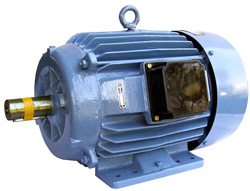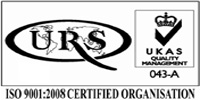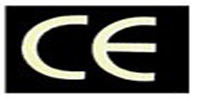Inverter Duty Motors:

Squirrel Cage Induction Motors have been known to be the sturdiest of all rotating machines. However, they have a basic limitation by way of being not amenable to speed control. Therefore, over the years, other arrangements like use of DC motors, Eddy current controls etc. have been used. These are expensive, apart from having recurring maintenance problems. In the recent years, however, speed control of induction motors is by supplying these through an Inverter i.e. variable frequency supply. Supply through variable frequency drive is also be found to result in substantial energy saving in many applications. Variable frequency supplied motor can also be started softly with low starting current. Within narrow range of say + 10% frequency variation, a standard motor could very well be used, depending on the actual load conditions. However, variation of frequency especially over a wider range results in additional stress on the motor and the motors have to be specially designed to meet these conditions.
Nagpur Motors specializes in designing motors for variable frequency drive supply to obtain a most optimum and economical design. Nagpur Motors have been supplying such specially designed motors for frequency variations form 3 or 5 Hz up to 200Hz or more.
These NM motors have following specialties :
Motors are designed for inherent low magnetic flux densities.The motors have class 'F' insulation and strengthened insulation by way of thicker insulation at certain points, improved overhand binding, additional varnishing etc. Motors are generally in Totally Enclosed Force Cooled version having a separate motor / fan mounted on the primary motor, which cools the main motor. Totally Enclosed Surface Cooled motors eliminating external fan are also offered in many cases. Rotors are balanced to higher degree. Depending on the range of RPM, special bearings are used and tolerances on the shaft and end covers are controlled to higher precision.
The motors are generally designed for giving nearly constant horsepower above the base frequency (50Hz) and constant torque below this. It is necessary to know the speed range and the torque requirements at various speeds. It may be mentioned that performance and loadability of motors also depends on the converter design, since the deviation from sinusoidal supply depends on type of converter, its carrier frequency etc.


